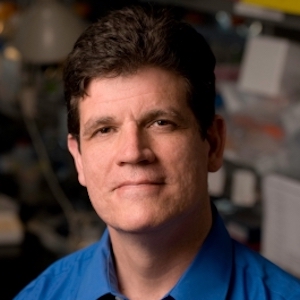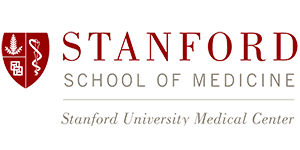Biography
My laboratory investigates how oncogenes initiate and sustain tumorigenesis. I have developed model systems whereby I can conditionally activate oncogenes in normal human and mouse cells in tissue culture or in specific tissues of transgenic mice. In particular, using the tetracycline regulatory system, I have generated a conditional model system for MYC-induced tumors. I have shown that cancers caused by the conditional over-expression of the MYC proto-oncogene regress with its inactivation. Thus, even though cancer is a multi-step process, the inactivation of one oncogene can be sufficient to induce tumor regression.
Clinical Dx Showcase:
Stanford School of Medicine
Stanford Medicine integrates a premier medical school with world-class hospitals to advance human health.
Nanoscale Measurements To Monitor And Predict Therapeutic Efficacy Of Cancer Therapies
The real-time measurement of therapeutic activity would enable both the more rapid clinical development of cancer therapies as well as enable human patients to receive the most effective therapies. We describe emerging nanotechnologies that provide the ability to make direct measurements in the actual oncoprotein targets of therapeutics enabling real-time assessment of their activity in human clinical specimens. Serial measurements of specific oncoproteins and their activation state will enable precision treatment of cancer patients.
Session Abstract – PMWC 2020 Silicon Valley
The PMWC 2020 Data Applications in Clinical Diagnostics Showcase will provide a 15-minute time slot for selected organizations, including commercial companies, clinical testing labs, and medical research institutions, to present their latest advancements, insights, applications, and technologies to an audience of clinicians, leading investigators, academic institutions, pharma and biotech, investors, and potential clients. We will learn about new technologies and findings that promise expedited, cost-effective, and accurate clinical diagnosis for early disease detection, treatment decisions, and disease prevention.









